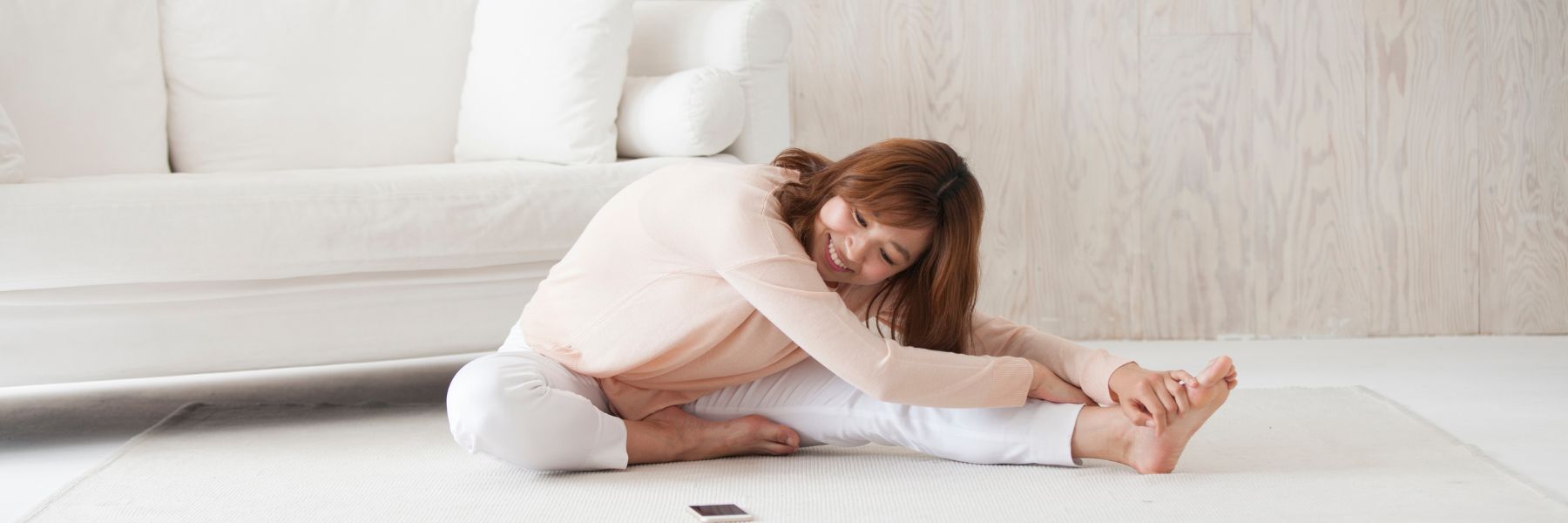

Postnatal Exercise
Pregnancy and childbirth are some of the most physically demanding processes a woman can go through.
Pregnancy and childbirth are some of the most physically demanding processes a woman can go through. It takes a lot of blood, sweat, and tears to bring a new life into the world.
After this intensive process, you have a beautiful baby to nurture and love, and a body in need of rest.
Postnatal exercises can help speed up recovery from labor, and support mama’s health and wellbeing during this new season in a variety of ways:

Strengthen and tone abdominal muscles
During pregnancy, your uterus expands putting pressure on your abdominal muscles. Over the nine months, these muscles continue to stretch and grow weaker. Many women may even suffer from Diastasis recti, in which your abdominal muscles separate.
Your core muscles, particularly your abdominal muscles, are responsible for so much of your daily movement and function. So after childbirth, women must focus on healing this area of their bodies to avoid long-term pain and difficulty.
Exercise can help manage and heal the separation, strengthen your pelvic floor, and restore these vital muscles to full health.
Improves posture
The stretching of your abdominal muscles, as well as the loosening of your joints and ligaments to accommodate a growing baby during, also affects your posture. Hunching over to breastfeed, lifting infants, and carrying toddlers on your hips can cause slumped shoulders and a tucked under tailbone and bottom.
This “postpartum posture” can cause pain in your neck, hip, and back, as well as problems with your balance and even digestion.
Exercise can help correct your alignment and improve your overall health.
Boosts energy
What mama doesn’t need an energy boost? While chugging your sixth cup of coffee won’t produce the energy levels needed to thrive as a new mom, exercise can help.
Contrary to popular belief, prolonged physical inactivity will actually contribute to fatigue rather than combat it; while regular exercise will give you more energy rather than deplete it.
Improves Mental Health
Exercising contributes to better mental health and feelings of overall well being and this is especially true during this beautiful but challenging new season. Welcoming a new child into the world can also come with negative emotions like fear, uncertainty, anxiety, depression, and sadness that affect both mother and her new baby.
Physical activity releases endorphins which can help women cope with these negative emotions. Some research has even found that postnatal exercise may help prevent or manage postpartum depression.¹
Promotes better sleep
While postnatal exercise won’t help your little one sleep through the night, it can help ensure you get a decent night’s sleep.
Studies have shown that regular exercise makes it easier to fall asleep at night and can help give you better quality of sleep (yes, even in that tricky newborn).²
A Note about Postnatal Exercise: Many women can begin exercising again between 6-8 weeks postpartum; however, your birth experience may affect this timeframe. Please follow the instructions of your doctor and start gently.
Your body undergoes major changes during pregnancy, childbirth, and postpartum; starting slowly will reduce your risk of pain or injury.
Dr. Jillian Stecklein, PT, DPT, a recommended provider on My Catholic Doctor specializing in women’s health, will walk you through postpartum care in a series of informational videos. This resource can accompany you throughout your pregnancy and in the early days of your child’s life.
Then with the clearance from your doctor, you can begin our postnatal fitness series with exercises that will gently realign your spine, strengthen your back, abs, and pelvic muscles, and aid in relaxation, stress management, and spiritual and emotional well-being during this exciting time.
Sign up for your free trial today.



